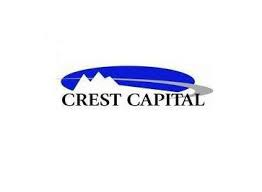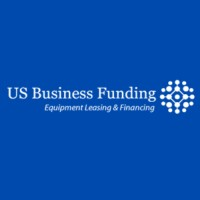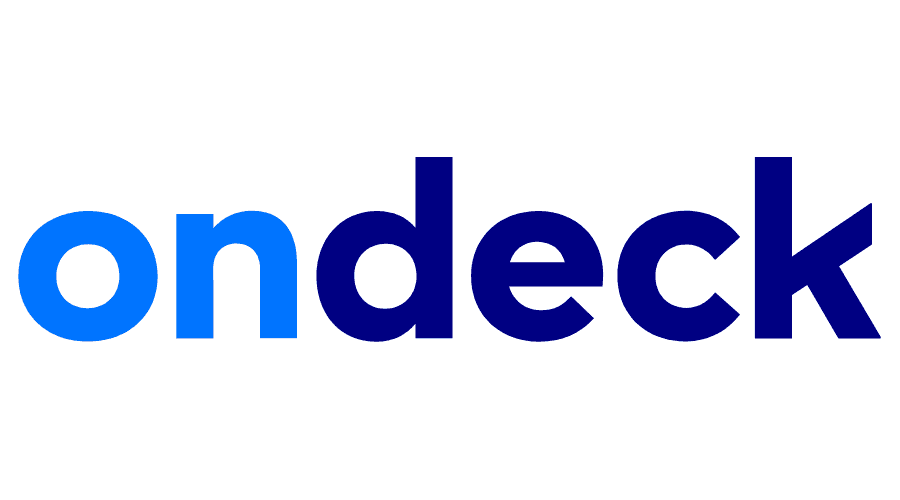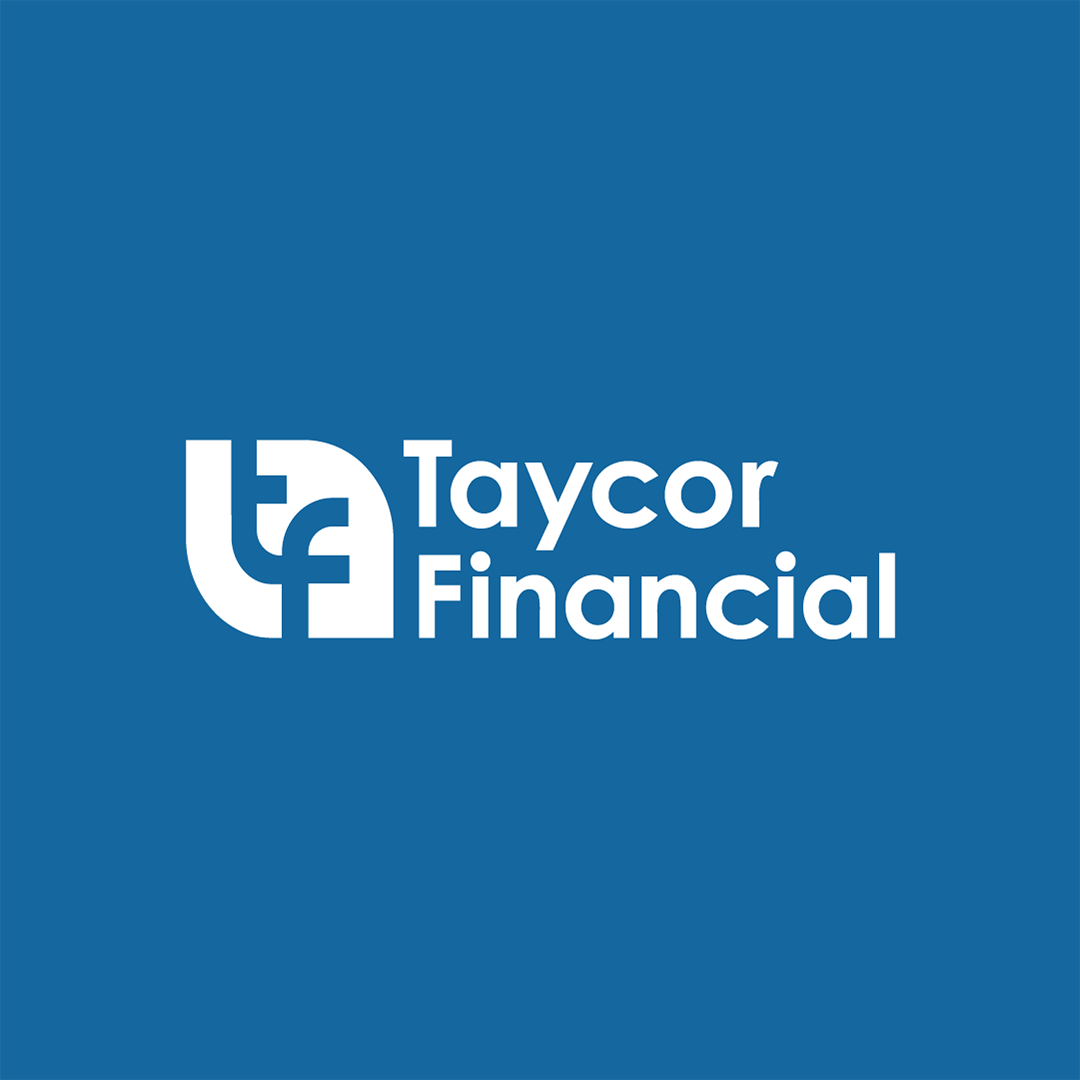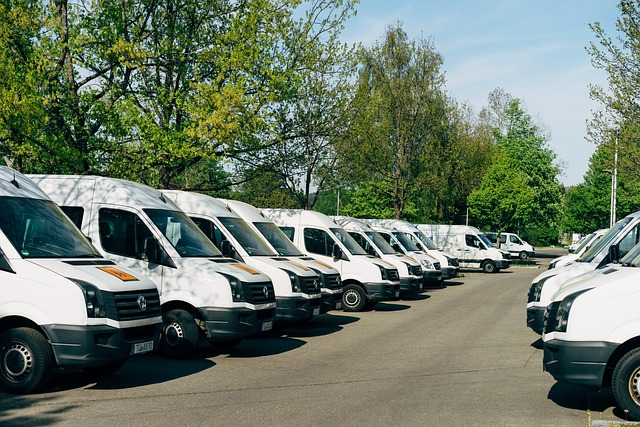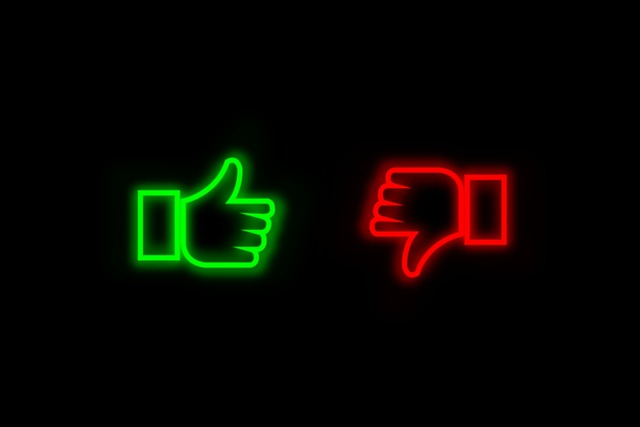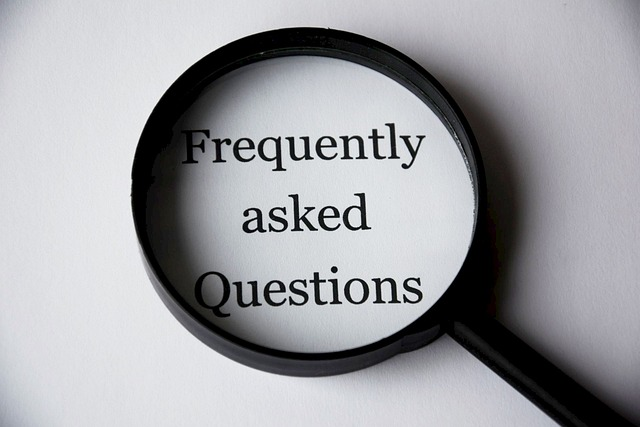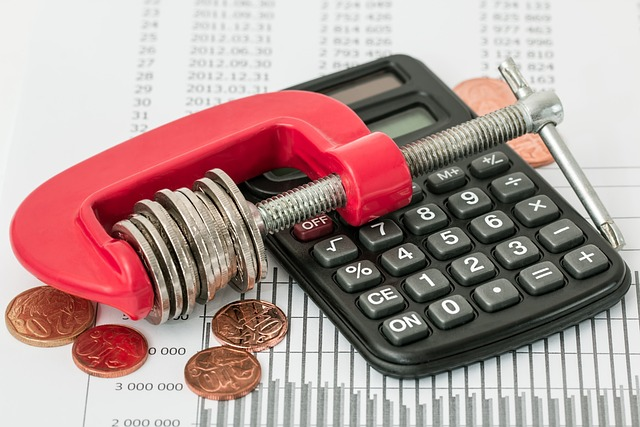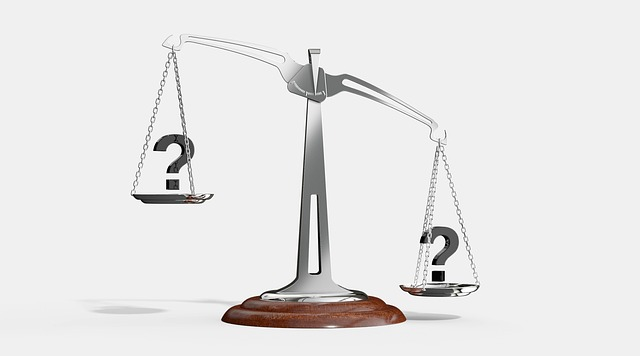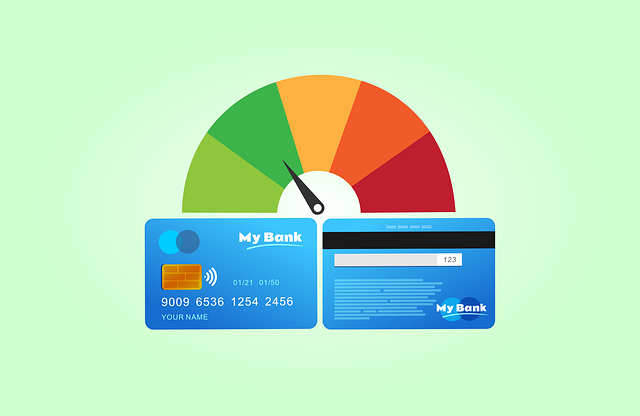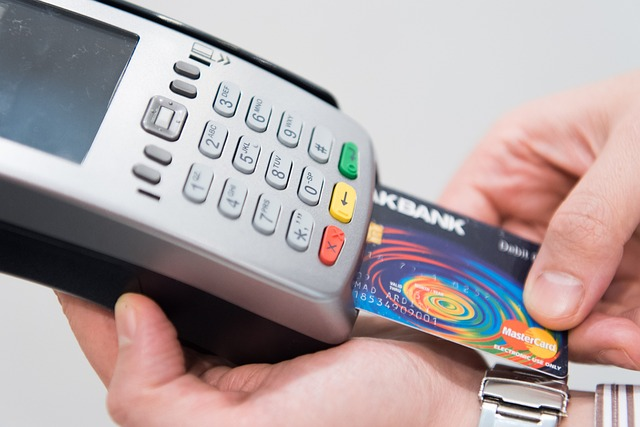What is Equipment Financing?
Equipment financing is when a business acquires needed equipment on credit. Business owners usually have the option to lease the equipment or purchase it with a loan.
Businesses across most industries require expensive equipment to operate. Examples of equipment that companies finance include:
- Restaurant equipment.
- Medical equipment.
- Computers, software, and office furniture.
- Heavy equipment for construction.
- Work trucks (dump trucks, flatbeds, etc.).
- Landscaping equipment.
- Delivery vans & box trucks.
- Semi-trucks and fleets.
- Manufacturing equipment.
- Gas station & convenience store equipment.
Equipment Loans vs. Equipment Leasing
You end up owning the equipment when you take out a loan. It’s similar to a car loan in that the lender holds a security interest in the title while you pay off the loan. Once fully repaid, the lender releases the lien, and you own it outright. At that point, it becomes an asset you can continue using or sell and upgrade to new equipment.
An operating lease essentially lets you rent the equipment for an extended period. You may get a lower monthly payment, but you don’t own the equipment at the end of the term. Some equipment leases will include an option to purchase the equipment at fair market value.
Some companies offer a $1 buyout lease (sometimes called a capital lease) that lets you purchase the equipment for $1. However, your monthly payment would be similar to an equipment loan.
How does Equipment Financing work?
Each lender has different borrowing amounts, terms, and rates. Equipment financing through United Capital Source has the following features:
- Loan amounts: Up to $5 million per piece of equipment.
- Rates: Factor rates starting at 3.5%.
- Terms: 1-10 years.
- Funding speed: 3-10 business days.
The equipment financing process starts with finding the equipment you need. You’ll need the equipment invoice when you apply.
In most cases, the lender pays the vendor directly for the equipment. However, using the funds from a business term loan to purchase the equipment is also possible. That process would be like using a personal loan to purchase a vehicle rather than a car loan.
The equipment you’re financing is the collateral. If the business defaults, the lender repossesses the equipment. This is known as a self-collateralized loan. Car loans and mortgages are also self-collateralized loans.
Once approved for financing, you can sign the equipment financing agreement. After that, the lender issues funds to purchase the equipment. The equipment seller delivers and installs the equipment, and you can begin using it.
Most equipment loans and leases carry fixed monthly payments. It’s also possible to get quarterly payments. Credit-challenged business owners may get frequent payment terms of daily, weekly, or bi-weekly.
Down Payment
Some lenders offer 100% financing, while others require a down payment. Many equipment lenders in our network offer low or no down payment options.
On the other hand, SBA loans and many traditional lenders do require a down payment. You can usually expect to pay 10%-20% when it’s necessary.
It can be challenging to find equipment financing if you have poor credit. Some lenders might add a down payment requirement, or you can consider offering one to help offset the risk associated with a low personal credit score.
Soft Costs
Soft costs refer to the associated expenses besides the purchase price of the equipment. Examples include taxes, delivery and installation fees, and more.
Some lenders include soft costs as part of the financing package, and others don’t. It’s important to know if you can get those costs covered because you could end up paying a lot more out of pocket than expected if not.
What are the Best Equipment Financing Lenders?
The best equipment financing lender for your business depends on your unique needs and qualifications. Here’s our list of some of the best equipment financing companies to consider.
Crest Capital
- Best overall.
Features:
- Amounts: Up to $250k for a simple application, up to $500k with more documentation.
- Terms: 24-84 months.
- Interest Rates: Undisclosed.
- Funding speed: Same-day approval is possible.
Qualifications:
- Minimum credit score: Unlisted.
- Minimum annual revenue: Unlisted.
- Minimum time in business: 2 years.
Crest Capital tops our list of equipment lenders because of its flexible funding options, online reputation, and over three decades of experience. The Atlanta-based alternative lender specializes in equipment finance for small and medium-sized businesses (SMBs).
It provides a simple online application for equipment financing up to $250,000. With extra documentation, it can finance equipment up to $500,000. Small business owners can finance most types of equipment, including software and business vehicles.
The lender provides 100% financing, including soft costs, so getting equipment with no down payment is possible. The company also offers various lease options to meet your equipment needs.
Crest Capital Pros & Cons
Pros:
- Multiple equipment loan and lease options.
- Flexible payment plans are available.
- Application-only for financing up to $250k.
- Same-day credit decisions are possible.
- Competitive rates with similar lenders.
- Reputable company with over three decades of experience.
Cons:
- Requires at least two years in business to qualify.
- Doesn’t provide a minimum credit score.
- No bad credit or startup financing options.
- Doesn’t offer any business loans besides equipment financing.
- Impossible to compare costs with other lenders.
- Charges a documentation fee of $250.
US Business Funding
- Best for flexible equipment options.
Features:
- Amounts: Up to $200k application-only; up to $50 million with a full financing package.
- Interest Rates: Starting at 3.5%.
- Terms: 24-72 months.
- Funding speed: Possible as soon as 24 hours.
Qualifications:
- Minimum credit score: Unlisted.
- Minimum annual revenue: Unlisted.
- Minimum time in business: 2 years for most programs.
US Business Funding in an online lender that provides equipment financing with competitive interest rates for small and medium-sized businesses (SMBs). Small business owners can apply for equipment financing up to $200k with a simple one-page application and minimal paperwork.
It also has higher borrowing amounts when applying for a full financing package, which includes more in-depth information. The lender launched in 2004 and has funded over $2 billion. It’s based in Santa Ana, CA.
It’s our choice for equipment options because the lender finances new and used equipment and private party sales. It also provides many equipment lease and deferred payment options.
US Business Funding Pros & Cons
Pros:
- Lower borrower qualifications than traditional lenders.
- Offers various small business financing options, including SBA loans.
- Simple application-only process for smaller loans.
- High borrowing amounts for full financing packages.
- Multiple equipment lease buyout options.
- Fast funding times.
Cons:
- Rates can be high.
- Charges some additional fees.
- Lack of transparency on total costs.
- It is difficult to compare costs with other lenders.
- Most funding products require two years in business.
OnDeck
- Best for short-term financing.
Features:
- Amounts: Up to $250k.
- Interest Rates: 29.9%-97.2%.
- Terms: Up to 24 months.
- Funding speed: Same-day funding is possible.
Qualifications:
- Minimum credit score: 625.
- Minimum annual revenue: $100k.
- Minimum time in business: 1 year.
OnDeck is a reputable alternative lender that provides business term loans up to $250,000 with terms of up to 24 months. It also provides business lines of credit.
It’s our top pick for short-term financing because it’s easy to apply and provides fast funding. Business owners can potentially get same-day funding for urgent equipment needs.
OnDeck Pros & Cons
Pros:
- Fast funding with same-day funding possible in certain situations.
- Lower qualification requirements than traditional business lenders.
- It’s one of the most well-established and reputable online lenders.
- Tremendous customer reviews.
- Streamlined application process.
Cons:
- Interest rates are higher than traditional business loans.
- Frequent payments (weekly or daily) can strain cash flow.
- OnDeck products are unavailable in North Dakota, South Dakota, or Nevada.
- Business owners must sign a personal guarantee.
SmartBiz
- Best for SBA Equipment Financing.
Features:
- Amounts: Up to $5 million.
- Interest Rates: 6% – 18%.
- Terms: Up to 10 years.
- Funding speed: Several weeks.
Qualifications:
- Minimum credit score: 675.
- Minimum annual revenue: $50k.
- Minimum time in business: 2 years.
SmartBiz is an alternative business lending marketplace specializing in simplifying the SBA loan process. It also attempts to expedite the process.
SBA loans are often considered the gold standard of small business financing. The US Small Business Administration (SBA) partially guarantees up to 85% of the loans.
That gives SBA-approved lenders the security to offer higher borrowing amounts at lower rates and longer terms. Business owners can purchase equipment using the SBA 7(a) loan or SBA 504 loan.
SmartBiz Pros & Cons
Pros:
- Streamlined application process for SBA loans.
- Lower interest rates.
- No prepayment penalties.
- Competitive rates.
- High borrowing limits.
- Longer repayment terms.
Cons:
- Lengthy SBA loan application process.
- Long funding times.
- High borrower requirements.
- Additional fees.
- Personal guarantee required.
CIT Group
- Best for traditional bank experience.
Features:
- Amounts: Up to $500,000 for application only; $1 million with financials.
- Terms: 6 months – 5 years.
- Interest Rates: Start at 5.49%.
- Funding speed: as fast as 24 hours.
Qualifications:
- Minimum credit score: Unlisted.
- Minimum annual revenue: Unlisted.
- Minimum time in business: Unlisted.
CIT Group, a division of First Citizens Bank, is one of the leading commercial financing providers in the nation. It mainly serves small and medium-sized businesses (SMBs). The company also offers consumer banking and advisory services.
CIT’s Business Capital equipment financing was recently rebranded as First Citizens Bank Equipment Finance. Small business owners can finance new or used equipment with a loan or lease. You can get up to $500,000 with an application only or up to $1 million with financials.
You can use financing to acquire various business equipment. Companies looking for larger equipment purchases ($3 million – $100 million) would use CIT’s Capital equipment financing option.
CIT Group Pros & Cons
Pros:
- Multiple small business lending products.
- Excellent equipment financing programs.
- Competitive rates.
- Offers commercial banking and advisory services.
- Works with a wide range of industries.
- A good option for integrated banking and lending services.
Cons:
- Lack of information on how to qualify.
- Complex application process for most products.
- Difficult to accurately compare costs to other lenders.
- Lacks the personal touch of smaller lending platforms.
- Clunky and difficult to use website.
- Can be challenging to differentiate banking and lending services.
Taycor Financial
- Best for startups
Features:
- Amounts: $500 – $2 million.
- Interest Rates: 3.49% – 28%.
- Loan Terms: 1-7 years.
- Funding Time: As soon as 24 hours after approval.
Qualifications:
- Minimum credit score: 550.
- Minimum annual revenue: Startup financing available.
- Minimum time in business: Unlisted.
Taycor Financial is a small business lender specializing in equipment loans, leases, and working capital lending products. Borrowers benefit from large borrowing amounts and lightning-fast funding times. It also offers special equipment financing packages for startups.
The lender provides financing options for used or new equipment, including loans and leases. All the lender’s equipment loan and leasing program options carry a documentation fee, but the fee range is undisclosed.
It’s possible to finance 100% of the total amount on equipment finance loans. Taycor will email, overnight, or hand deliver the documents. Once it receives the documents, it immediately faxes the purchase order to the vendor. You’ll build equity in the equipment as you pay off the loan.
Taycor Financial Pros & Cons
Pros:
- Easy application & lightning-fast funding times.
- Offers a variety of equipment financing & working capital products.
- Multiple equipment lease options.
- Possible to get 100% of equipment costs financed.
- Competitive rates for equipment loans & leases.
- You can combine equipment financing & working capital products.
- Large borrowing amounts.
- Low credit score requirements.
Cons:
- High rates for working capital products.
- Origination fees for working capital loans.
- Documentation fees for equipment leasing.
- Lack of transparency on the website.
How do I qualify for Equipment Financing?
Each lender sets different qualifications. Approved business owners we work with here at UCS typically meet the following minimum requirements:
- Credit score: 600+.
- Time in business: 1+ years.
- Annual revenue: $250k+.
What are the advantages of Equipment Financing?
The primary benefit of equipment financing is that it allows businesses to acquire essential equipment when they don’t have the cash to pay out-of-pocket. Since the equipment is the collateral, it may be easier to get approval than it would be for an unsecured business loan.
Some equipment lenders are willing to work with younger businesses because of the extra security of the built-in collateral. That makes it a viable option for companies less than a year old, including some startups.
Most equipment financing structures are loans, which allow you to keep the equipment. However, you also have the option to lease it with some lenders if you’re concerned about it becoming obsolete.
Interest payments for equipment financing may be tax deductible. Check with your accountant or tax pro to ensure your business is eligible for tax benefits, such as Section 179 Deductions.
What are the disadvantages of Equipment Financing?
One of the most significant concerns with equipment financing is if the equipment becomes obsolete during the term. There’s no way to predict what the future holds. The asset may lose value while you’re still paying off the loan.
With an equipment loan, you’re responsible for maintenance and repairs. However, most equipment leasing options include the costs of maintenance.
The final major drawback is that you’ll pay interest on the loan terms. It will cost more to finance the equipment than purchasing it outright.
Equipment Financing Pros & Cons
Pros:
- Acquire essential equipment when you can’t purchase it.
- Built-in collateral lowers approval requirements.
- High borrowing amounts & long repayment terms.
- You retain ownership of the equipment with a loan.
- Many lenders offer leasing options as well.
- Potential tax benefits for equipment financing.
Cons:
- Equipment could become obsolete during the loan term.
- You’re responsible for repairs with an equipment loan.
- Interest & fees mean the equipment costs more than if you buy it outright.
How to apply for Equipment Financing:
You can apply directly through our one-page application in a matter of minutes or contact one of our loan experts.
Step 1: Ensure the equipment is the right purchase for your business.
You want to make sure the equipment you’re financing is worth the cost of the loan. As you repay the loan, you will build equity in the equipment. You want to ensure the equipment is built to last or will at least have resale value at the end of the loan. Also, as you build equity, you can use that for future business loans.
Some things to consider include the following:
- Will the equipment still be useful when the loan is paid in full?
- What are the anticipated maintenance costs?
- Can your cash flow support monthly payments?
Step 2: Gather your documentation.
When applying for an equipment loan, you need to provide the following:
- Driver’s license.
- The invoice for equipment.
- Voided check from your business checking account.
- Bank statements for the past three months.
- Financial statements.
Step 3: Complete the application.
Go to our application page or give us a call for more information.
Step 4: Speak to a Representative.
After we receive your application, a senior account executive will contact you. You’ll get a complete breakdown of loan amounts, loan terms, interest rates, and fees.
Step 5: Get Approved.
Your equipment loan goes through when your application meets underwriting requirements and gets credit approval. We can help you set up automatic payments, or you can arrange to pay by check or electronic payment.
Frequently Asked Questions
Here are the most common questions about equipment financing companies.
How much does Equipment Financing cost?
Equipment financing costs can vary significantly depending on your credit history, the equipment price, and the lender and loan type. On average, equipment financing rates range from 4%-45% APR.
You also have to consider out-of-pocket costs. One lender may offer a lower interest rate but won’t cover soft costs and requires a significant down payment. Another lender might have a higher rate but offers 100% financing, so you don’t have any cash costs.
How do I compare Equipment Financing Companies?
Here are some strategies to compare equipment financing options.
Prequalify When Possible
Some equipment finance companies offer a prequalification process, which won’t affect your credit. Prequalifying lets you know if you meet the lender’s requirements and gives you approximate rates and payment terms. Prequalifying with multiple lenders lets you compare their costs.
Check Borrowing Amounts
Some small business loan lenders cap equipment financing at lower amounts, such as $250,000. Other lenders, like those that can offer SBA loans, offer seven-figure equipment loans. Ensure the lender offers amounts that can cover the equipment purchase price.
Evaluate Customer Support
You never know what issues might arise during the loan and when you’ll need customer service. Check to ensure the lender provides excellent customer support and offers multiple communication channels.
Look Out for Additional Fees
Some lenders charge extra fees, such as origination fees, documentation fees, and administrative fees. Others offer no or low-fee financing. Look for lenders with minimal fees, as they can add up.
Down Payments
As mentioned, some lenders require a down payment. While making a down payment lowers the financing amount and can help get a lower rate, not every business has the available cash for the payment. If your company will have trouble coming up with 10%-20% down, look for lenders that offer 100% financing.
Customer Reviews
It’s also good to see what your fellow small business owners say about working with the company. Look for Google reviews, Trustpilot reviews, and Better Business Bureau (BBB) complaints.
Traditional vs. Alternative Lenders
Traditional lenders, like banks and credit unions, usually offer the lowest rates. However, they also have strict qualifications, require extensive documentation, and take a long time to fund. Alternative lenders typically have higher rates but provide convenient online applications with fast funding times. Online lenders are also more lenient on credit scores and time in business.
Can I get Equipment Financing with Bad Credit?
It may be possible to equipment financing if you have poor credit since the collateral is built into the loan. However, you still might need a co-signer, a down payment, or a personal guarantee.
Bad credit equipment loans also carry higher rates and fees. As a general rule in all financing (business and personal), the higher your personal credit score, the lower your interest rate.
Equipment Finance Lenders – Final Thoughts
As a small business owner, you have many equipment financing options. While it’s good to have options, finding the best lender for your specific needs can be daunting.
The information in this guide can act as a starting point for researching the best lender options. You can also apply to a business lending marketplace, which will match you with the lender that most closely meets your needs and can cash flow.
Contact us if you have more questions on the best equipment finance lenders or to apply for an equipment loan. Our business funding experts can help you find the best option for your business.






